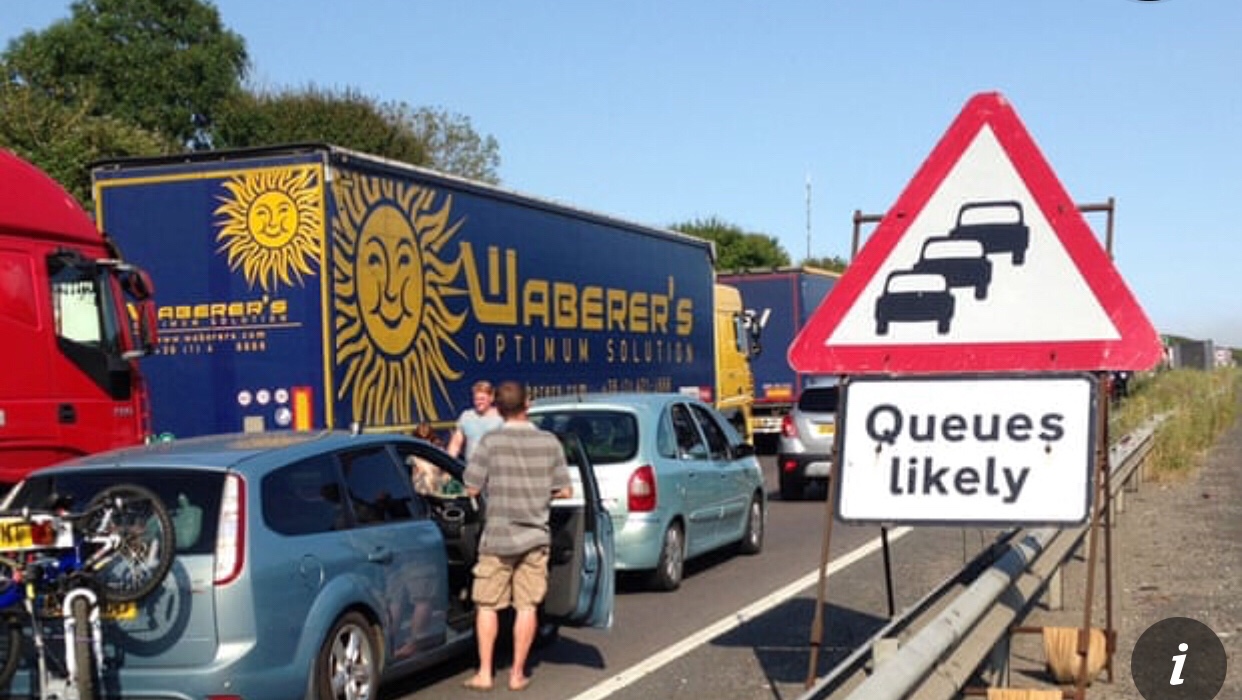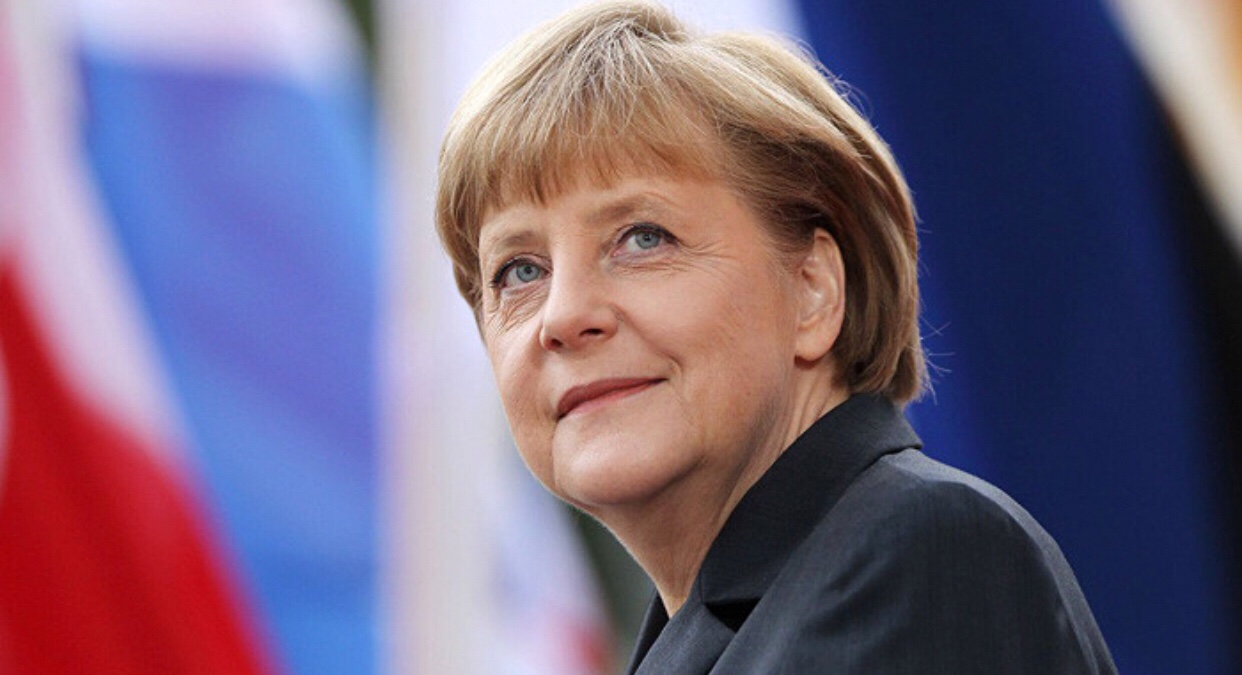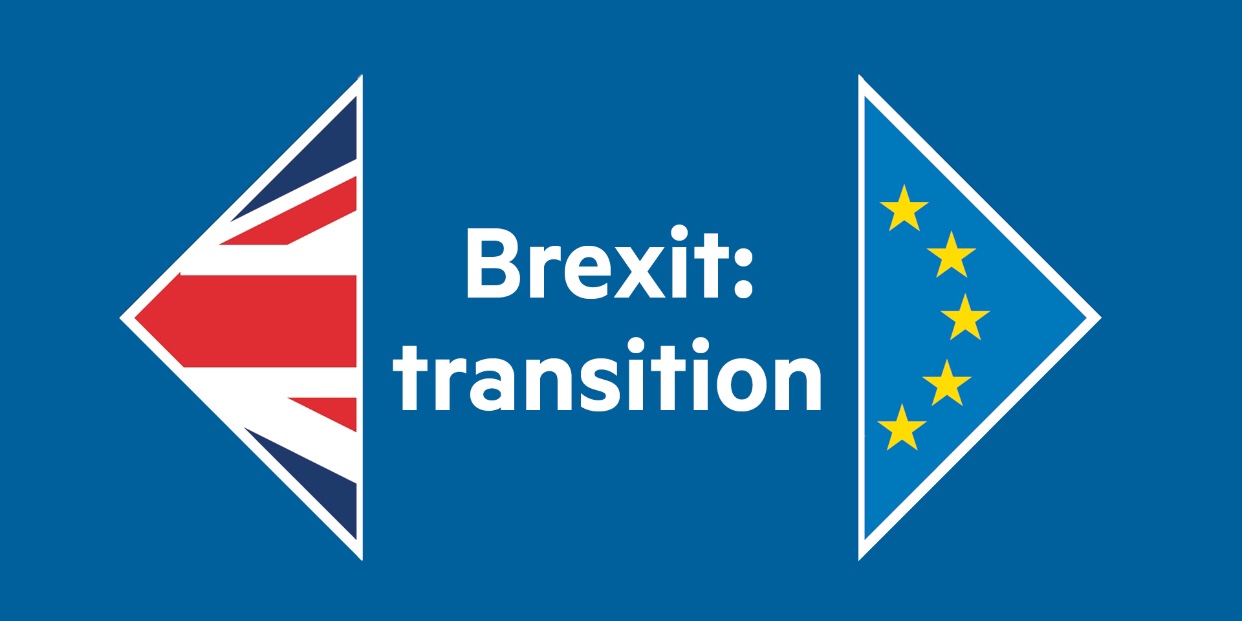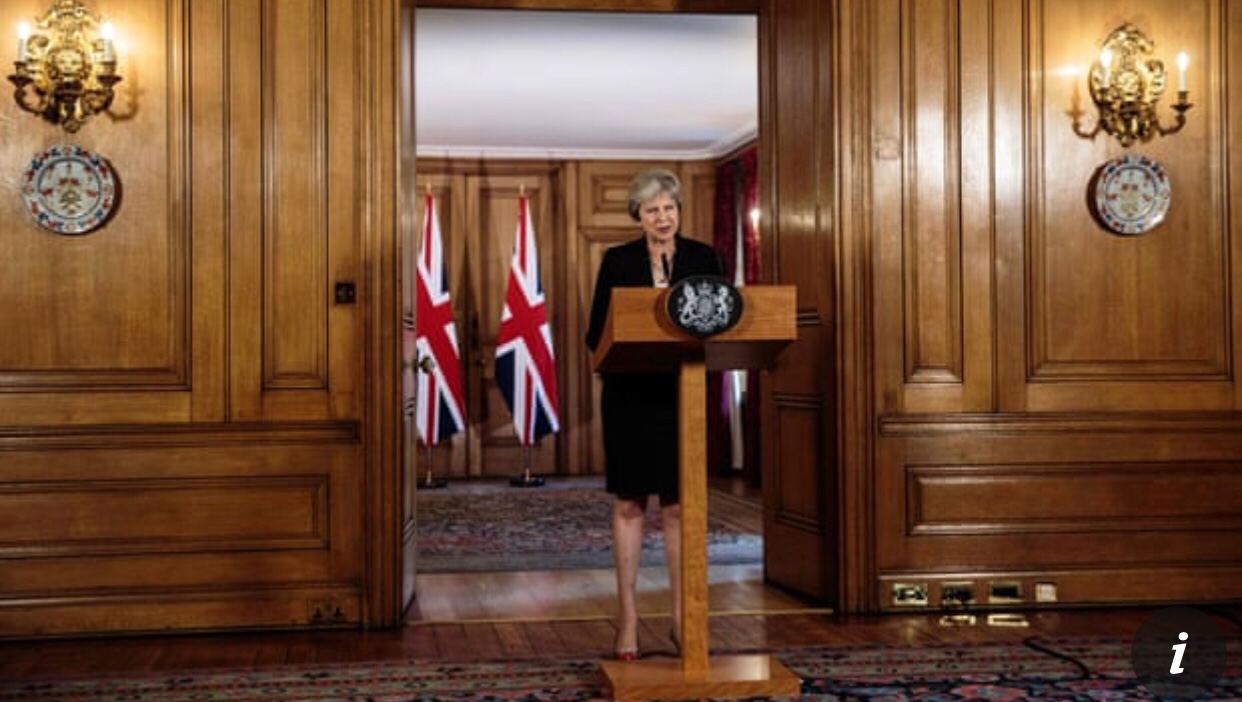Guardian reports that delays of only half an hour at UK ports and the Irish border would risk one in 10 British firms going bankrupt, according to a report laying bare the severe risk to the economy from no-deal Brexit.

According to the Chartered Institute of Procurement and Supply (CIPS), failure to reach a deal with Brussels before March could trigger massive queues of trucks at British borders from a vast increase in paperwork and checks to clear customs.
From a survey of more than 1,300 UK and EU-based supply chain managers, the personnel responsible for navigating customs controls for their companies, a tenth at UK firms said it would risk bankruptcy if goods were delayed by between 10 and 30 minutes at the border.
Source: The Guardian
warned the British government that the 21-month Brexit transition period will not be long enough if the terms of a future trade deal with the UK are not made clear and concrete in the next eight weeks.

In a speech to German industrialists, the German chancellor gave her support to the French president, Emmanuel Macron, who wants to avoid a vague political declaration on the terms of a future deal.
The move means that the UK parliament will be under no illusions as to the limitations of the future deal the British prime minister strikes before its meaningful vote, in a blow to those who have suggested that a “blind Brexit” could allow Theresa May to muddle through.

EU leaders fear if the parameters and limitations of the future deal with the UK are not made clear now, then negotiations after Brexit will be prolonged and messy.
She told business leaders the goal was “to formulate future relations with the UK as concretely as possible”. She said otherwise the transition period would “very quickly become too short” to conclude what was likely to be a “very intensive” set of negotiations.
You can read the article here: Merkel on Brexit transition
Source: The Guardian
On arrival in New York on Tuesday, Theresa May ruled out the idea of another general election before Brexit day, saying it “would not be in the national interest”.

Speculation about the idea of an autumn election to break the Brexit deadlock within the government has increased since theprime minister’s Chequers plan got a cool reception from EU leafers in Salzburg.
At Labour’s party conference in Liverpool this week there have been repeated calls from John McDonnell, the shadow chancellor, and other senior party figures, for a swift election to allow the public to say whether they are happy with May’s Brexit negotiations.
You can read the entire article here:May: No election
Source: The Guardian






You must be logged in to post a comment.